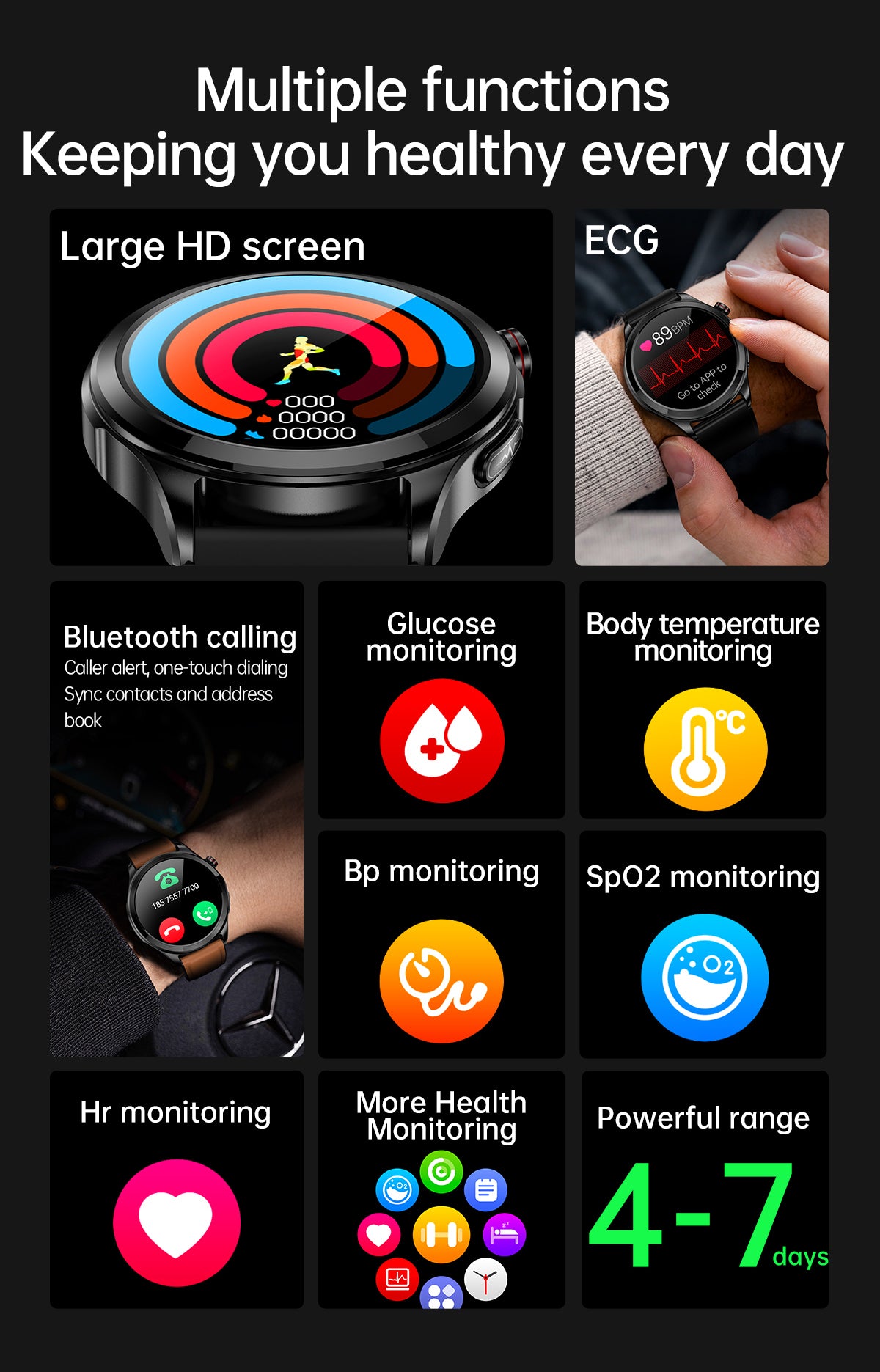A Science-Backed Guide to Optimal Meal Times
The saying goes, "A person is made of iron, and meals are made of steel; skipping one means you'll feel." With the improvement in living standards, most people rarely face the hardship of going without food. Nowadays, the focus is more on whether the food we eat is right for our health. When is the best time to eat our meals? How should we eat them? Let's delve into these questions to clear up any confusion!
Clarifying the Schedule of Three Meals a Day:
-
Meal Frequency: While three meals a day is the norm for most people, some advocate for eating smaller, more frequent meals. Which approach is better?
The number of meals per day should be based on individual lifestyle and work conditions. If eating two meals a day doesn't cause hunger or affect your quality of life, and you're still getting sufficient nutrients, it's perfectly fine to stick to this routine. On the other hand, if circumstances allow, you can opt for five, six, or even seven meals a day, as long as you're not consuming excessive calories. However, for certain individuals like those with diabetes, it's advisable to opt for smaller, more frequent meals to reduce blood sugar fluctuations. Ultimately, the key is not the number of meals per day but ensuring adequate nutrient intake while avoiding excessive energy consumption.
-
Optimal Timing: Reports suggest having breakfast around 7 a.m., lunch at noon, and dinner around 6:30 p.m. What's the best timing for meals?
The specific timing of meals should be tailored to one's daily routine, with meal intervals of 4 to 6 hours being ideal. However, the timing of breakfast depends on one's wake-up time. It's best to have fixed meal times, but if you're unable to have a meal at a certain time, it's recommended to keep nutritious snacks handy, such as dates, almonds, milk, or yogurt, rather than opting for high-calorie, low-nutrient snacks like cookies or cakes. Skipping meals is not advisable as it can lead to gastric issues and disrupt digestive secretions.
-
Balanced Meal Approach: The adage goes, "Eat breakfast like a king, lunch like a prince, and dinner like a pauper." What does "kingly," "princely," and "pauperly" eating entail?
While this saying isn't entirely precise, it provides some valuable insights. "Eating breakfast like a king" means having a high-quality, nutritionally balanced meal with carbohydrates (bread, buns, rice, porridge), at least two protein sources (eggs, milk, meat, soy products), and at least one type of vegetable and fruit (preferably more than one kind). Adding a small handful of nuts would make it even better. "Lunch like a prince" implies consuming an ample amount of food—both staple foods and dishes—with a wide variety of ingredients. "Dinner like a pauper" doesn't mean starving yourself but rather having a lighter meal with fewer calories and less oil, focusing on compensating for any nutrients missed during breakfast and lunch, such as vegetables, whole grains, and potatoes.
-
Mindful Late-Night Eating: Many people gather for late-night snacks after work. What's the ideal food and timing for late-night snacks?
A good late-night snack should meet several criteria. First, it should be low in fat, low in calories, and high in nutritional value. Second, it should be easy to digest, not burdening the stomach or affecting post-meal activities. Third, it should provide a sufficient feeling of satiety. Lastly, it should not cause excitement and preferably aid in falling asleep. Suitable late-night snacks include warm milk, noodle soup (with added egg, a small amount of minced meat, and vegetables), or congee (preferably not plain rice congee but one with added oats, lotus seeds, or lily bulbs). It's recommended to have late-night snacks 1 to 2 hours before bedtime. For example, if planning to sleep around 11 p.m., have a late-night snack around 9:30 p.m.
Scientific Mealtime Principles:
-
Optimal Meal Timing:
- Breakfast: Best around 7:00 a.m., especially for the elderly who should aim for breakfast between 8:30 and 9:00 a.m.
- Lunch: Between 12:00 and 12:30 p.m., ensuring a balance of staple foods, dishes, and a variety of colorful ingredients.
- Dinner: Between 6:30 and 7:00 p.m., focusing on lighter, nutrient-dense options to avoid overloading the digestive system before bedtime.
-
Strategic Snacking:
- Mid-Morning Snack: Around 10:30 a.m., opt for nutrient-rich choices like milk or yogurt.
- Afternoon Tea: At 3:30 p.m., enjoy a light snack such as whole grain bread, biscuits, or seasonal fruits to maintain productivity.
- Late-Night Snack: Around 9:00 p.m., choose easily digestible options like warm milk, noodle soup, or congee to satisfy hunger without disrupting sleep.
By adhering to scientifically informed meal timing principles and adopting balanced eating habits, we can optimize our nutrient intake, support our metabolism, and maintain overall health and well-being. Remember, it's not just about what we eat but also when and how we eat that contributes to a healthy lifestyle. So, let's eat smart and enjoy the benefits of mindful dining!









